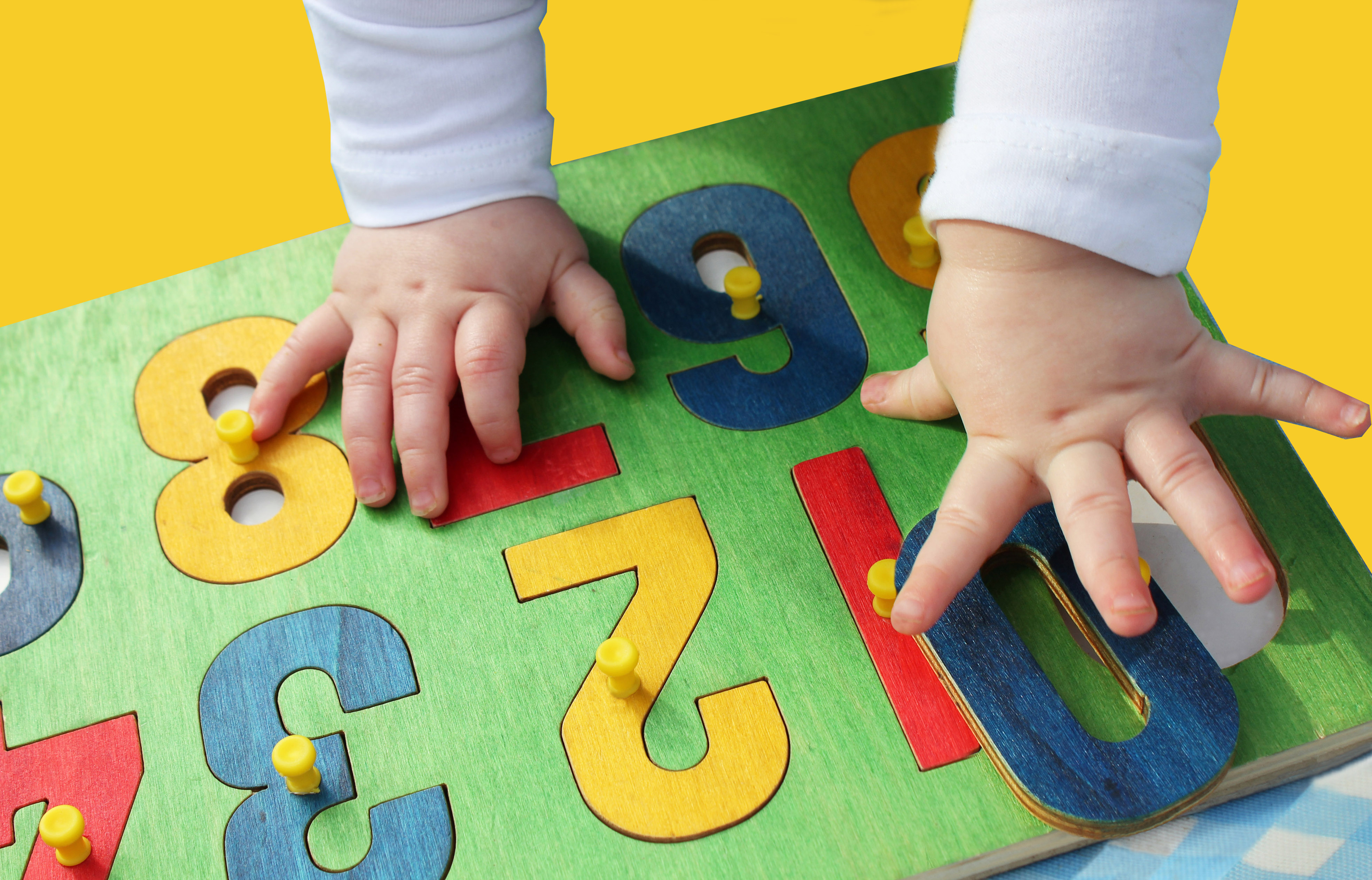
Daylight Saving Time (DST) can mess up anyone’s schedule, but it can be extra hard for parents with babies and toddlers. Little kids are very sensitive to changes, and moving the clock even one hour can make a big difference. If you’re a parent, new mom, or someone who works with young kids in Little Rock or anywhere else, this guide will give you some simple tips to help your little ones adjust.
Why Daylight Saving Time Affects Young Children
Before we talk about how to help, let’s understand why DST can be tricky for little ones. Babies and toddlers do best with a steady routine, and their body clocks don’t change as easily as adults’ do. Just one hour can make them feel tired, cranky, or make them wake up too early.
Why It Helps to Plan for Daylight Saving Time
Getting ready for DST can help keep your child’s sleep routine steady, which helps them (and you) feel rested. When kids are rested, they are happier, more alert, and less likely to get cranky.
6 Tips to Help Your Baby or Toddler Adjust to Daylight Saving Time
- Stick to the Routine
Keep your child’s schedule the same. Even if they seem a little off, sticking to their regular times for waking up, eating, playing, napping, and going to bed will help them adjust to the new time. - Keep Bedtime Routines the Same
Follow your usual bedtime routine. Whether that means a warm bath, storytime, or singing a lullaby, these activities help your child know that it’s time for bed. A steady routine gives them comfort and makes bedtime easier. - Make the Room Dark
Use dark curtains or shades to block out light in the room. This helps your child’s body realize it’s bedtime, even if it’s still light outside. Darkness also helps the body produce melatonin, a hormone that makes us sleepy. - Let in Morning Light
In the morning, open the curtains to let in sunlight. Natural light tells the body that it’s time to wake up, which helps adjust your child’s internal clock. If it’s cloudy, you can use indoor lights to help. - Protect Nap Time
Naps are very important for young children. Try to keep nap times the same and avoid skipping them. Missing naps can make children overtired and may cause problems with their night sleep. - Make Small Changes
For children who are very sensitive to time changes, try adjusting their schedule a little each day before DST. Move bedtime and wake-up time by 10–15 minutes each day until it matches the new time. This small change can help them get used to it gradually.
Be Patient and Encouraging
Remember, each child is different. Some may adjust to DST in just a few days, while others may take a week or more. Be patient and supportive, and your little one will eventually settle into the new schedule.
Final Thoughts
Daylight Saving Time doesn’t have to be stressful for you or your child. By using these tips, you can help your baby or toddler adjust smoothly. If you want more parenting tips or need support, think about joining local groups or online forums for parents and educators. Little changes like these are part of the parenting journey, and with some planning, you and your child will get through the time change just fine!


